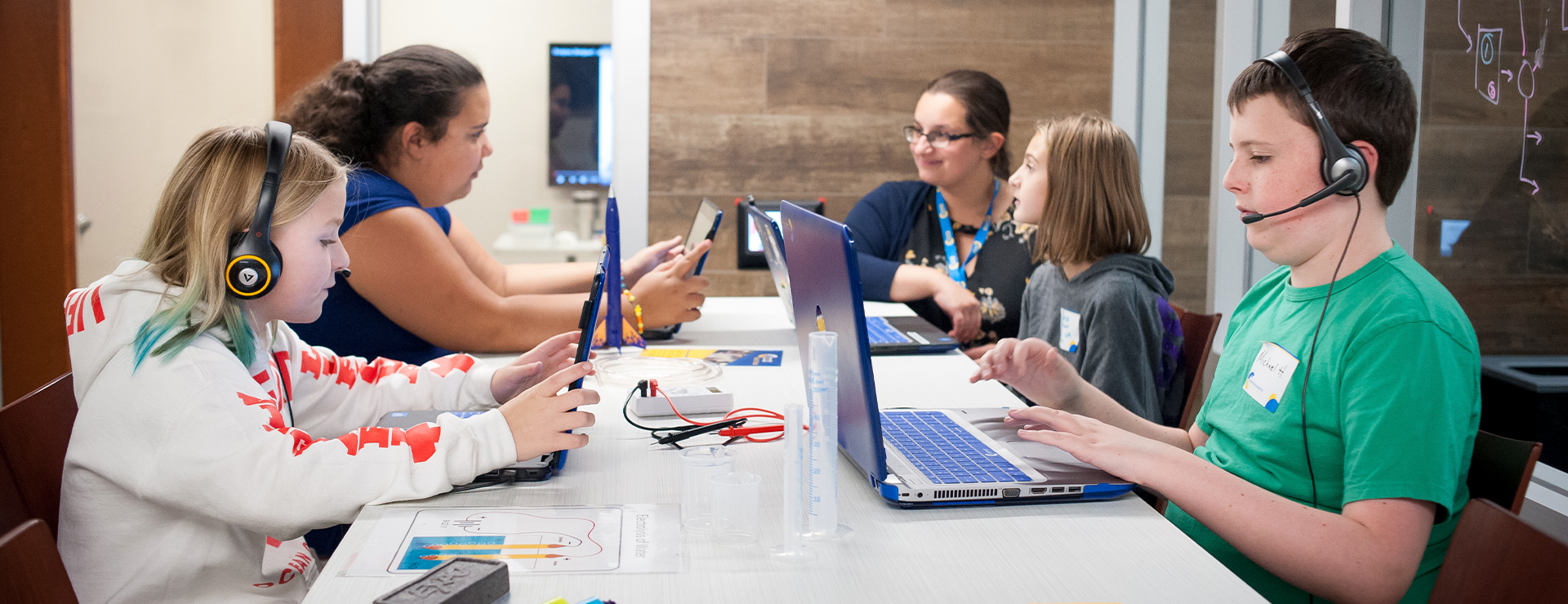2025-2026 School Year Enrollment Now Open. Click Here
2025-2026 School Year Enrollment Now Open. Click Here

Social skills are a vital part of early development. They impact your child’s ability to interact, communicate, and form relationships with other people throughout their life. Your child’s identity, sense of agency, ability to make friends, and overall well-being are strongly linked with their social skills.
Children with well-developed social skills — the verbal and nonverbal cues people use to interact with others — can express their thoughts and feelings and be understood. Using the proper tone, volume, and word choice is an example of verbal social skills. Adding in gestures and facial expressions to help convey your message is an example of nonverbal social skills.
Most kids’ skills develop naturally through their interactions with other people. Understanding the importance of social skills helps parents support their children as they learn these essential behaviors. Let’s explore social skills in-depth and how to promote your child’s development.
Your child starts learning the social skills that guide their communication and behavior before they ever step foot in a school. Developing these skills at a young age will help improve their social interactions throughout their entire life. Consider the following reasons why social skills are important for young children:
Social skills develop slowly, becoming more advanced and complex over time. For most kids, these basic skills serve as the foundation for their interactions early in life:
Because people are born without this knowledge, these are all social skills that children need to learn. They develop incrementally over the beginning stages of life. Some children seem to pick them up naturally, while others need more time and support. Understanding average progression will help you identify if your child needs help. You can start monitoring for these traits around the following ages:
Learning social skills can be challenging for some children. Shy children or those with special social or emotional needs may need help developing these traits. Fortunately, with practice and support, they can learn the social skills they need to help them interact and build relationships with others.
Organize regular play dates at home to give your child the opportunity to practice their social skills with other children. At-home play dates allow them to play one-on-one in a familiar space with fewer distractions. Connecting with a classmate outside of school also often carries over to the classroom, and having a friend can make it easier to interact with other classmates.
The best way to teach your child verbal and nonverbal skills is to practice them together. Take a few moments during breakfast or while you’re riding in the car to role-play different social situations. You can practice dealing with conflict, showing empathy, or matching your tone with the thoughts and feelings you’re trying to communicate. Testing their skills in a safe environment can help build their confidence to handle real-life interactions.
Encourage your child to join a club or sport they enjoy. Extracurricular activities allow them to bond with other kids over their shared interests. They might have so much fun that they don’t even realize they’re practicing social skills.
If your child has special needs, they may need more attention and support than traditional brick-and-mortar schools can provide. Find a special education program that addresses their personal growth and emotional learning along with their academic needs. At CCA, we provide the resources and assistive technology to help children with special needs learn how to express themselves, ask questions, turn thoughts into words, and develop other essential social skills.
Developing social skills at an early age gives your child the tools they need to succeed in all aspects of their life. Practicing with your child and giving them more opportunities to interact with other kids will help them learn these important verbal and nonverbal behaviors.
While some children are natural social butterflies, others need help spreading their wings. Commonwealth Charter Academy prioritizes social interactions, connecting students all across Pennsylvania. We offer hundreds of social and educational field trips, dozens of student clubs, and many other special events, providing our students with plenty of opportunities to interact and grow their social skills.
Contact us today to learn more about how our social and education programs promote social development for CCA students.
2025-2026 School Year Enrollment Now Open. Click Here